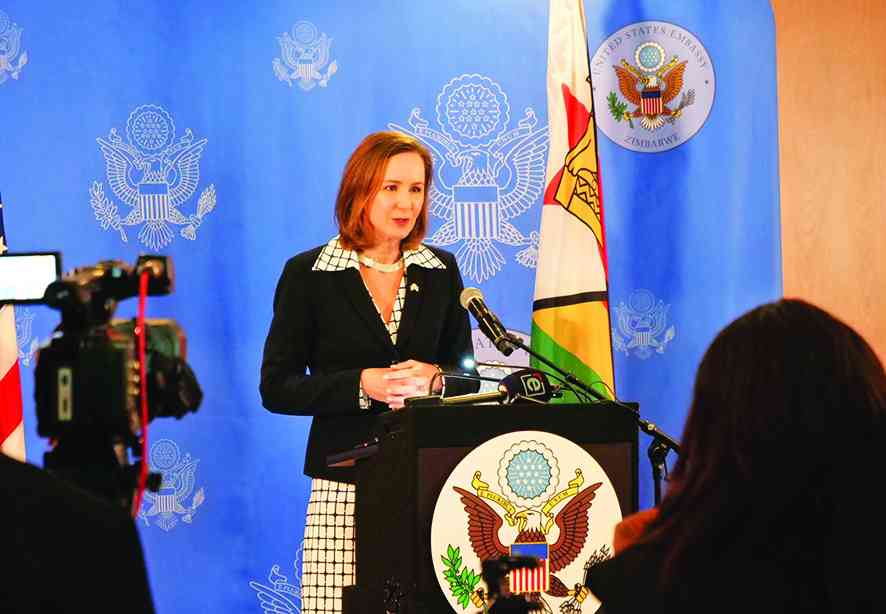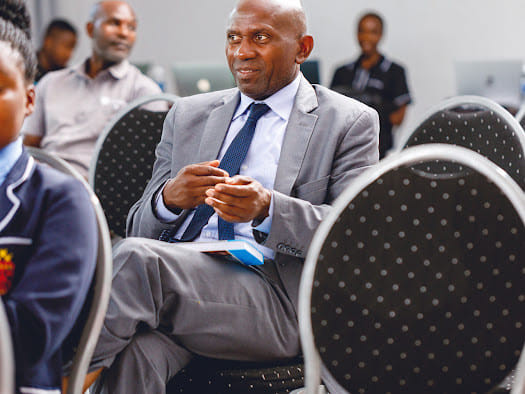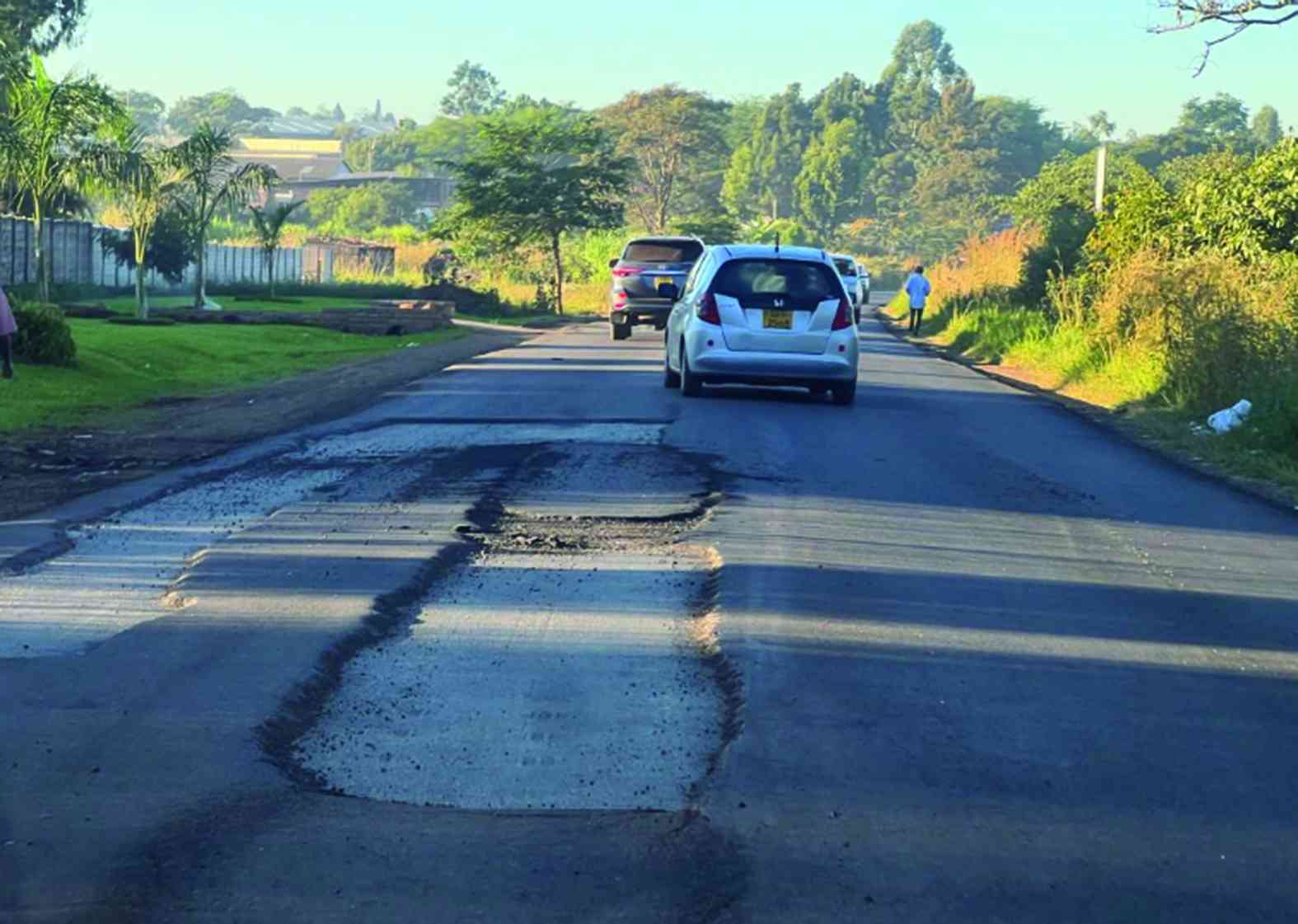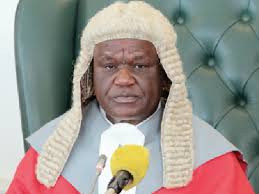
NEW United States ambassador to Zimbabwe, Pamela Tremont, says the ball is in Zimbabwe’s court to create an investor-friendly environment to lure the much-needed foreign direct investments.
Last year, Zimbabwe attracted FDI of US$588m, up from US$395 million in 2022, according to the United Nations Conference on Trade and Development.
At the centre of Zimbabwe’s plan to attract foreign investors must be the respect for human rights, investor-friendly laws, creating certainty and combating corruption, Tremont said during her maiden Press conference on Thursday.
A day earlier, the diplomat presented her credentials to President Emmerson Mnangagwa.
“But I can’t do this alone. The government and people of Zimbabwe need to share their story that Zimbabwe is a good business partner that combats corruption, provides certainty in regulatory, monetary and tax policy and enjoys unbiased rule of law,” Tremont said.
Washington’s envoy to Harare said when she met Mnangagwa on Wednesday, she “offered to collaborate on improving the investment climate in Zimbabwe to expand economic opportunities for people and communities, forge stronger business linkages and attract investors to look closely at Zimbabwe’s educated labour force and long-term growth potential”.
This is an endorsement of Zimbabwe as an investment destination. However, this must be accompanied by some housekeeping issues on the part of Zimbabwe which does not cost money.
There is no cost in legislating investor-friendly policies. There is also no cost in fighting corruption, estimated to be costing the economy US$1 billion annually, according to Transparency International Zimbabwe.
- Zim-bound US envoy slams Zim-China deals
- New US ambassador vows to deepen economic ties
- A timely reminder
- Rule of law key for Zim’s growth: US ambassador
Keep Reading
Some unscrupulous officials in government stand accused of allegedly demanding bribes from potential investors to oil the wheels of bureaucracy.
In fact, the fight against corruption is a plus for destination Zimbabwe as it plugs the holes and makes resources available which would have been pocketed by a few corrupt individuals. The fight against corruption will give assurance to investors that their investments are safe from marauding chancers that extort foreign investors.
Zimbabwe’s fight against corruption has been half-hearted to the extent that few believe in the government’s anti-graft fight.
The recent leaked audios in which tenderpreneur Wicknell Chivayo was claiming to have captured Mnangagwa have lent credence to suggestions that Zimbabwe is not serious in fighting graft.
That Zimbabwe does not have a whistleblower protection law remains a mystery more than two years after Cabinet approved principles of the Witness Protection Bill.
The United States has in the past flagged corruption in Zimbabwe.
In March, the world’s biggest economy went a notch up by designating 11 individuals and three entities, including Mnangagwa and First Lady Auxillia, under the Global Magnitsky sanctions programmes for their connection to corruption or serious human rights abuses.
We do not need an outsider to tell us to respect human rights.
When that happens, it means we would have receded to new lows.
Arrests of political activists and the seemingly long pre-trial detentions give credence to suggestions of a breakdown in rule of law in Zimbabwe.
Work is cut out for Zimbabwe in its push to attract foreign investors under Mnangagwa’s Zimbabwe is open for business thrust.
Tremont’s remarks this week are a timely reminder of the ground that needs to be covered for foreign investors to begin trusting Zimbabwe again.











